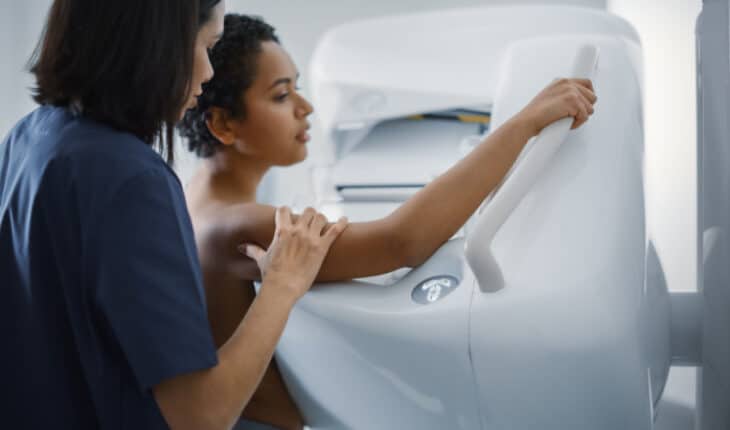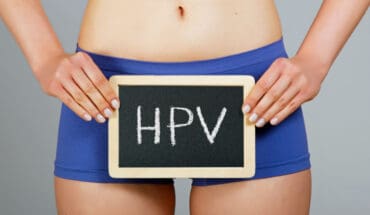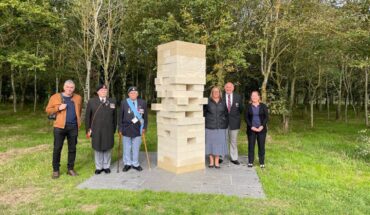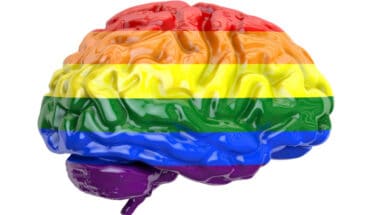A new deep learning challenge has been launched by the UEF Cancer AI research team at the University of Eastern Finland, led by senior researcher Hamid Behravan, PhD, and funded by Sitra, the Finnish Innovation Fund. The challenge aims to develop an architecture capable of automatically estimating the breast percentage density from mammograms. High breast tissue density is a significant risk factor for breast cancer.
Breast density refers to the proportion of dense tissue to fatty tissue in the breast. Women with dense breasts have a higher risk of breast cancer than women with fatty breasts. Women with very dense breasts are 4-5 times more likely to get breast cancer than women with fatty breasts.
Current computer-aided design tools for estimating breast density percentages in mammograms often have limitations, such as being restricted to specific mammogram views, struggling with complete delineation of the pectoral muscle, and performing poorly in cases of data variability. These tools also require an experienced radiologist to adjust the segmentation threshold for dense tissue within the breast area.
The challenge calls for the development of a new deep learning architecture that can overcome these limitations and automatically estimate the area-based breast percentage density from mammograms. The challenge welcomes a range of approaches, including both regression and segmentation methods.
Participants will be training their models on a dataset of 569 mammogram images and testing their performance on a separate set of 149 images. A source code for a baseline segmentation approach is available in the provided Github repository. Participants are encouraged to utilize and enhance this model for the challenge density estimation task.
By participating in this challenge, participants will be contributing to a solution that could potentially lead to earlier detection of breast cancer and prevention. They will also be applying their deep learning and image analysis skills to a real-world problem with significant public health implications.
The challenge is open for submissions until March 31, 2024. The winners will be announced on April 1, 2024. We extend an invitation to the top three teams on the Leaderboard to collaborate with us in writing a manuscript.
For more information and to register for the challenge, please visit the challenge website: https://www.kaggle.com/competitions/breast-density-prediction.
- Gut microbiome could delay onset of type 1 diabetes - 3rd April 2025
- The da Vinci 5 Robot Is Set To Transform Bariatric Care: - 31st March 2025
- Beyond money: the hidden drivers fuelling child food insecurity - 31st March 2025






